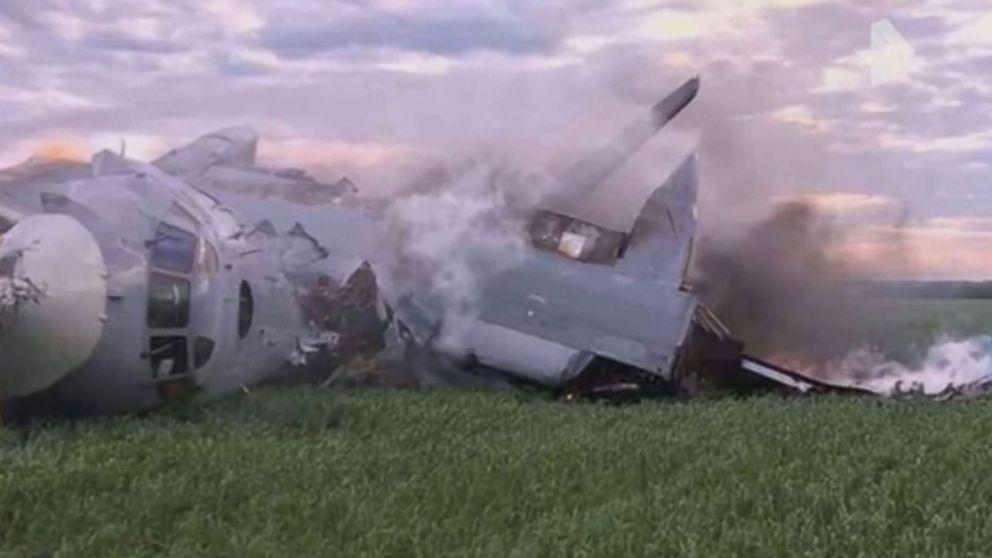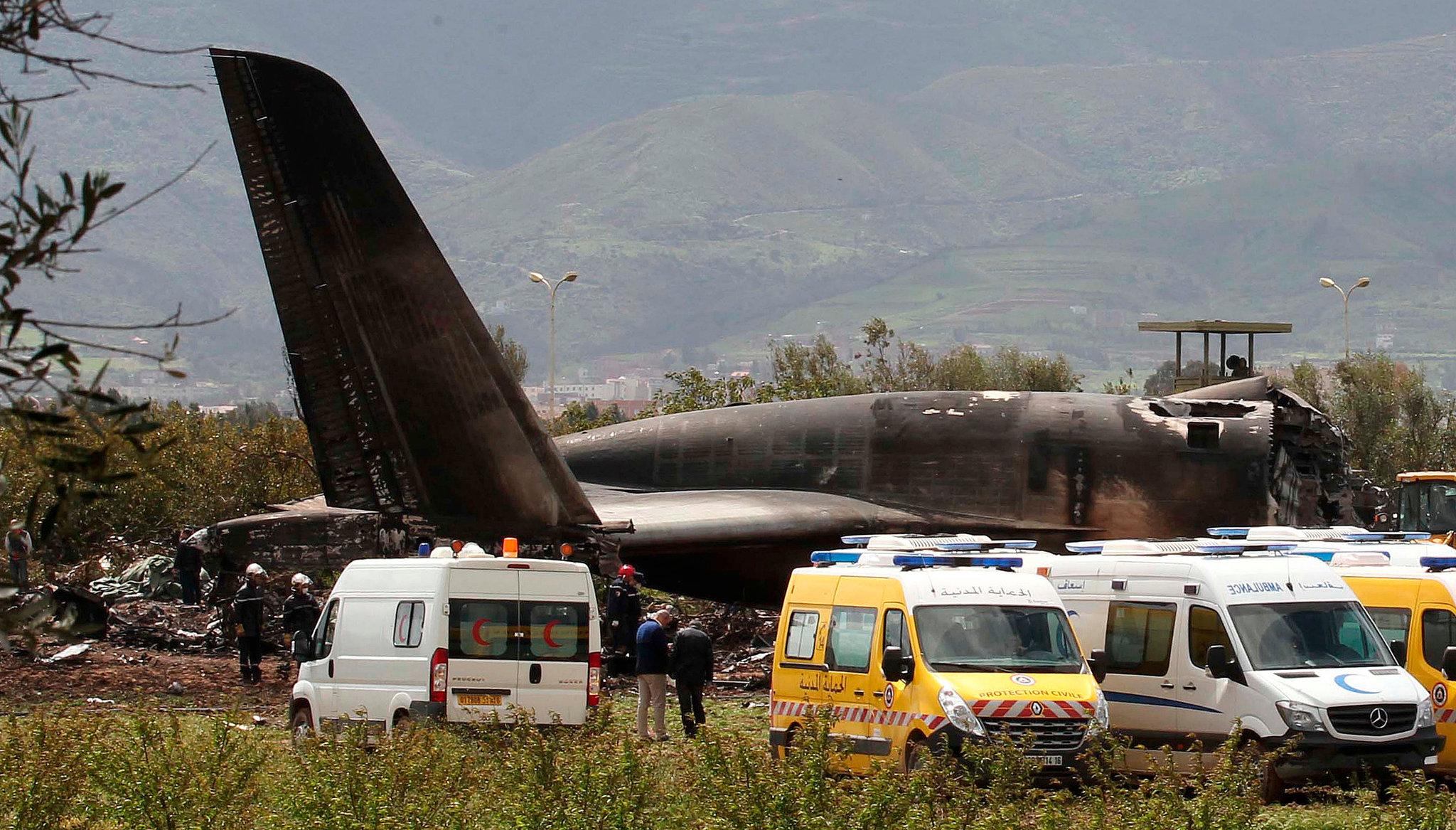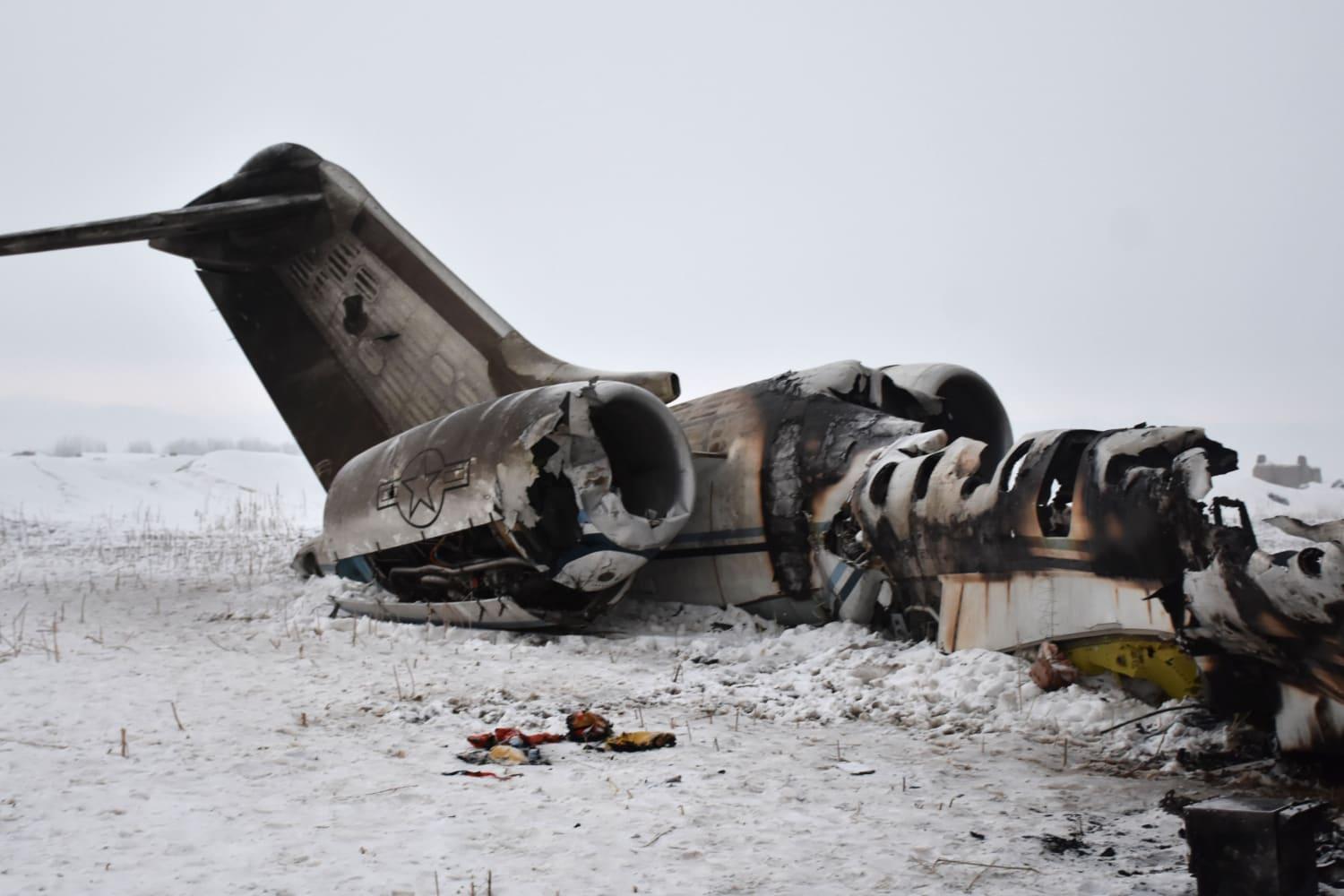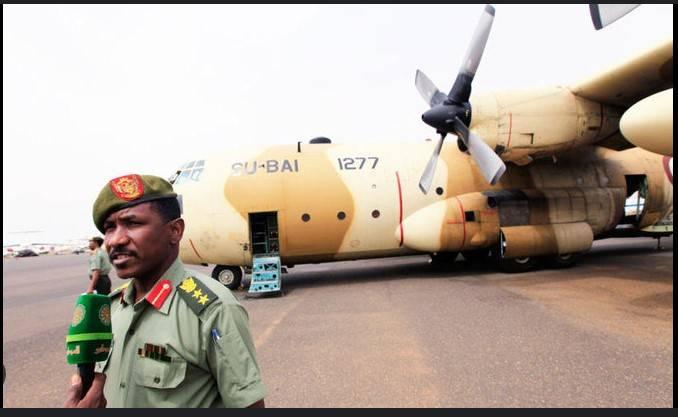Tragic Loss of Life in Sudanese Military Plane Incident
The recent crash of a Sudanese military aircraft has left the nation in mourning after the tragic loss of 19 lives shortly after takeoff. Eyewitness accounts describe a scene of chaos and disbelief as the plane, en route to an undisclosed destination, encountered difficulty only moments after lifting off from the tarmac. Local authorities reported that the aircraft went down in a rural area, igniting a devastating fire that hampered rescue efforts. Reactions from citizens reflect the profound impact of this disaster on the community,with many expressing their sorrow and outrage over the continuing instability surrounding military operations in the region.
Among the deceased were military personnel, whose dedication to their country has been commendable despite the hazardous conditions under which they often operate. The government has promised a full inquiry to determine the cause of the incident, while offering condolences to the families affected. Considering this tragedy, several key points have emerged from initial reports:
- Investigation Underway: Authorities are working to uncover the circumstances leading to the crash.
- Safety Concerns: Calls for improved safety regulations and maintenance practices within the military aviation sector are intensifying.
- Public Mourning: Vigils and ceremonies are being planned to honor the lives lost in this catastrophe.

Investigating the Causes Behind the Fatal Aircraft malfunction
The tragedy that unfolded during the recent takeoff of a Sudanese military aircraft raises critical questions about the underlying factors contributing to such fatal malfunctions. Initial reports indicate that the incident occurred shortly after the plane departed, leading to speculation regarding the aircraft’s condition prior to takeoff. Factors that are being scrutinized include:
- Mechanical Failures: There are concerns that routine maintenance checks may not have been performed adequately before the flight.
- Pilot Error: Investigators are examining whether the crew had the necessary training and experience to operate the aircraft, especially in challenging conditions.
- Operational procedures: Questions arise regarding adherence to established protocols for military flights and whether any shortcuts were taken.
- Environmental factors: Weather conditions at the time of departure are also being evaluated to determine if they played a role in the tragedy.
As authorities begin their investigation, the focus will not only be on assembling a timeline of events leading up to the crash but also on understanding the systemic issues within the military aviation sector that may have contributed. The loss of life in such incidents is a stark reminder of the importance of rigorous safety standards, especially in military operations where the stakes are invariably high. Stakeholders are urging for openness as the investigation unfolds, hoping for clarity that can prevent future occurrences of such devastating accidents.

The Need for Enhanced Safety Protocols in Military Aviation
the tragic loss of 19 lives in the recent Sudan military plane crash underscores a grave and pressing need for rigorous safety measures in military aviation. Investigations into such accidents frequently enough reveal common factors, including inadequate maintenance, pilot error, and insufficient training, highlighting systemic issues that can jeopardize lives. It is imperative that military organizations adopt a more proactive stance on safety, involving comprehensive protocols that go beyond mere compliance with existing regulations.
To enhance safety in military aviation, several strategies must be prioritized, including:
- Regular and Rigorous Training: Continuous education and simulations for pilots to prepare them for emergencies.
- Maintenance Standards: Implementing strict maintenance schedules and checks to ensure all aircraft are in optimal condition.
- Data Analysis: Utilizing flight data and incident reports to identify patterns and prevent future incidents.
- Safety Culture: Fostering an environment where safety concerns can be raised without fear of repercussions.
- Upgraded Technology: Investing in cutting-edge technology that enhances aircraft safety and reliability.
Adhering to these protocols can significantly reduce the risk of accidents and save lives in a field where the stakes are remarkably high. The time for action is now, and every measure taken adds to the collective responsibility of ensuring the safety of those who serve in military aviation.

Support and Recovery Efforts for Affected Families and Communities
The tragic loss of 19 lives in the recent military plane crash in Sudan has left families grappling with unimaginable grief and uncertainty.In the aftermath, various organizations and local authorities have initiated a series of support programs aimed at assisting those directly affected. This vital assistance includes:
- Emotional and Psychological Counseling: professional counseling services are being made available to help families cope with their traumatic loss.
- Financial Assistance: Funds are being raised to provide immediate relief to the bereaved families, ensuring that they have the resources necessary to navigate this challenging period.
- Community Support Groups: Local community centers are establishing peer support groups where families can share their experiences and receive comfort from one another.
Along with individual support, there is an urgent effort to foster a sense of communal resilience and solidarity. Volunteers and non-governmental organizations are mobilizing to provide additional resources, which may include:
- Food and Shelter Aid: Temporary shelters and food supplies are being organized to assist families who may have lost their homes or livelihoods.
- Memorial Services: Plans are underway for public memorials to honor the deceased,providing a collective space for mourning.
- Long-Term Recovery Programs: Discussions are ongoing about sustainable support initiatives that will help rebuild lives and restore hope for those impacted.
